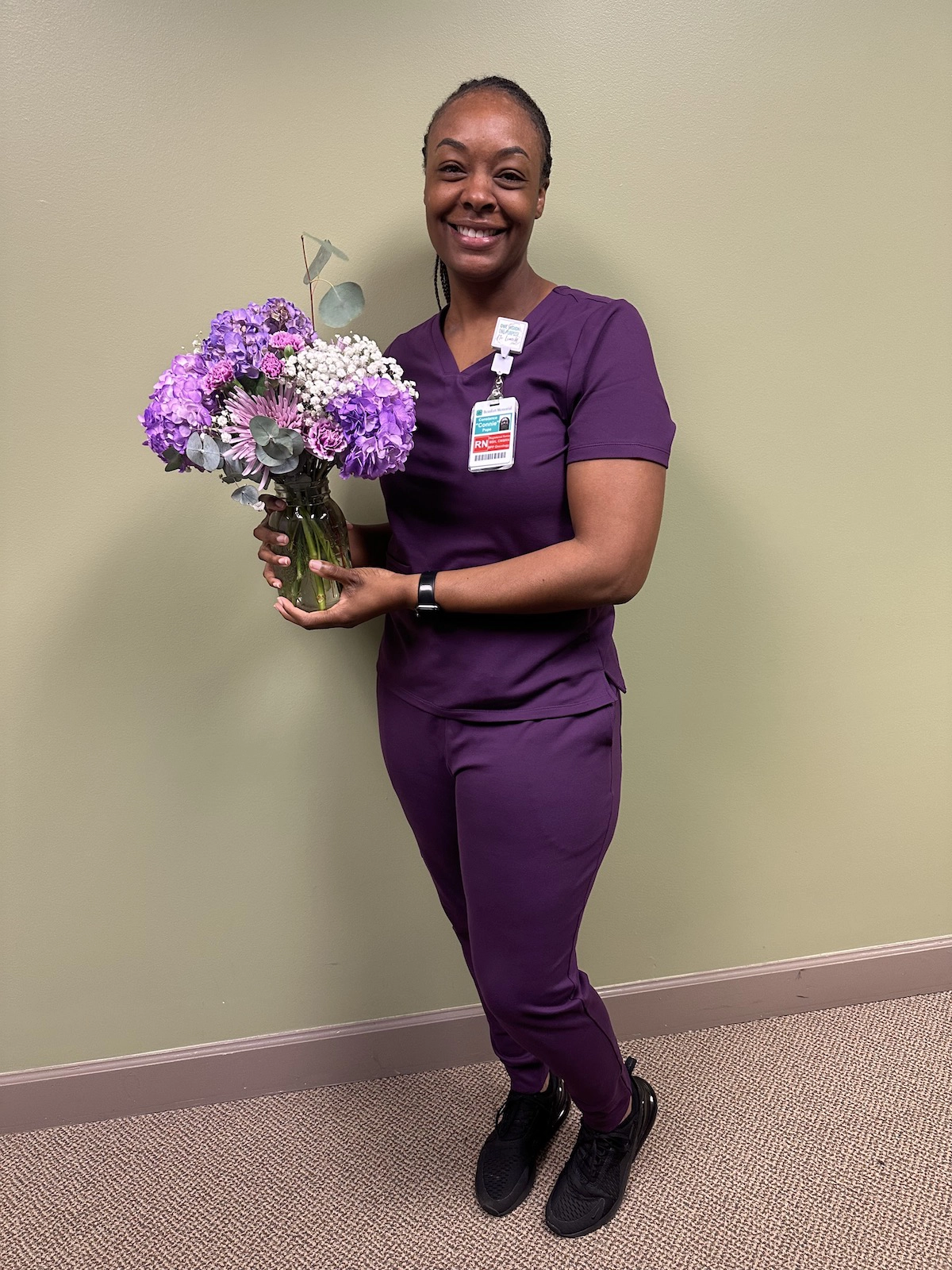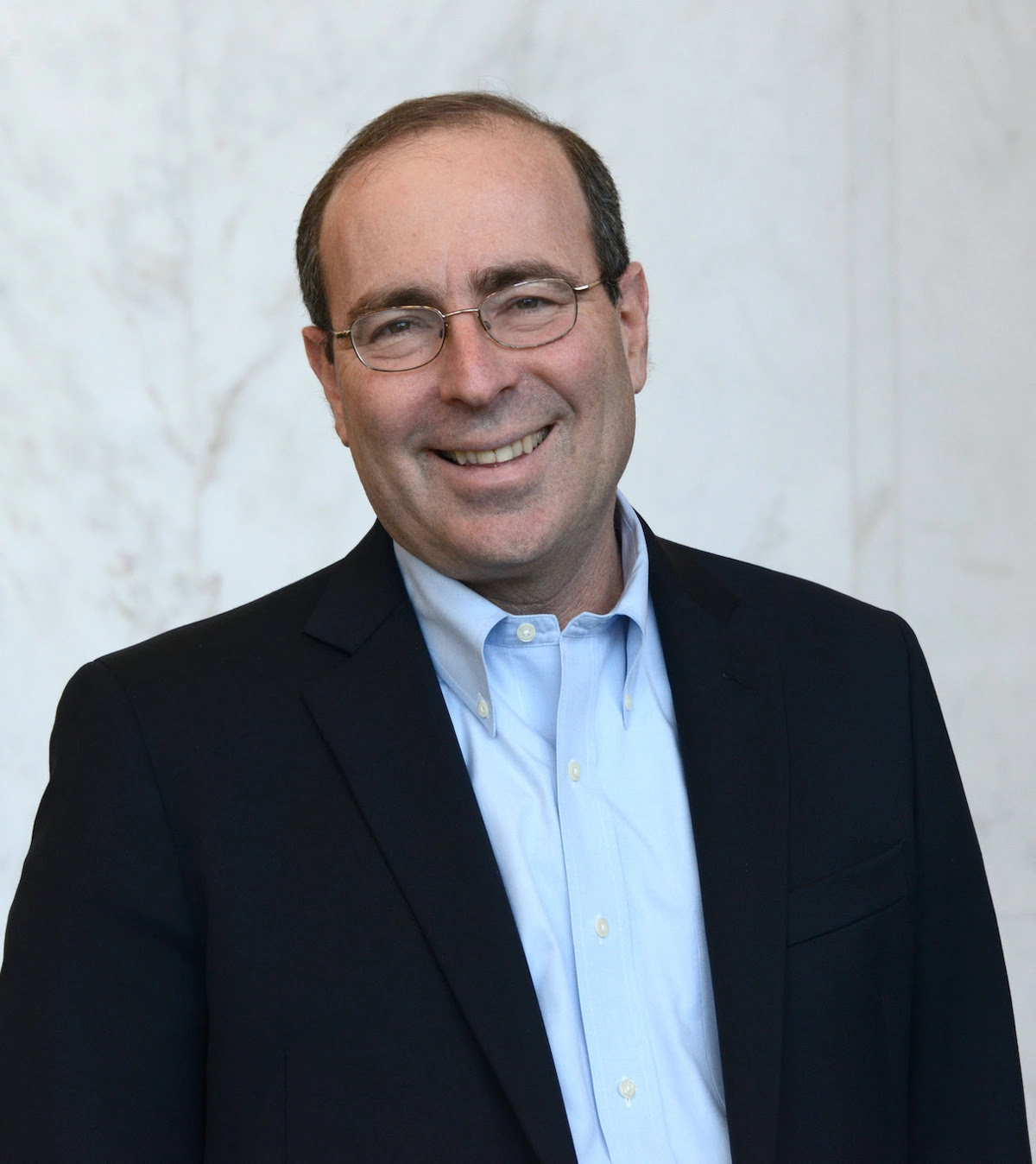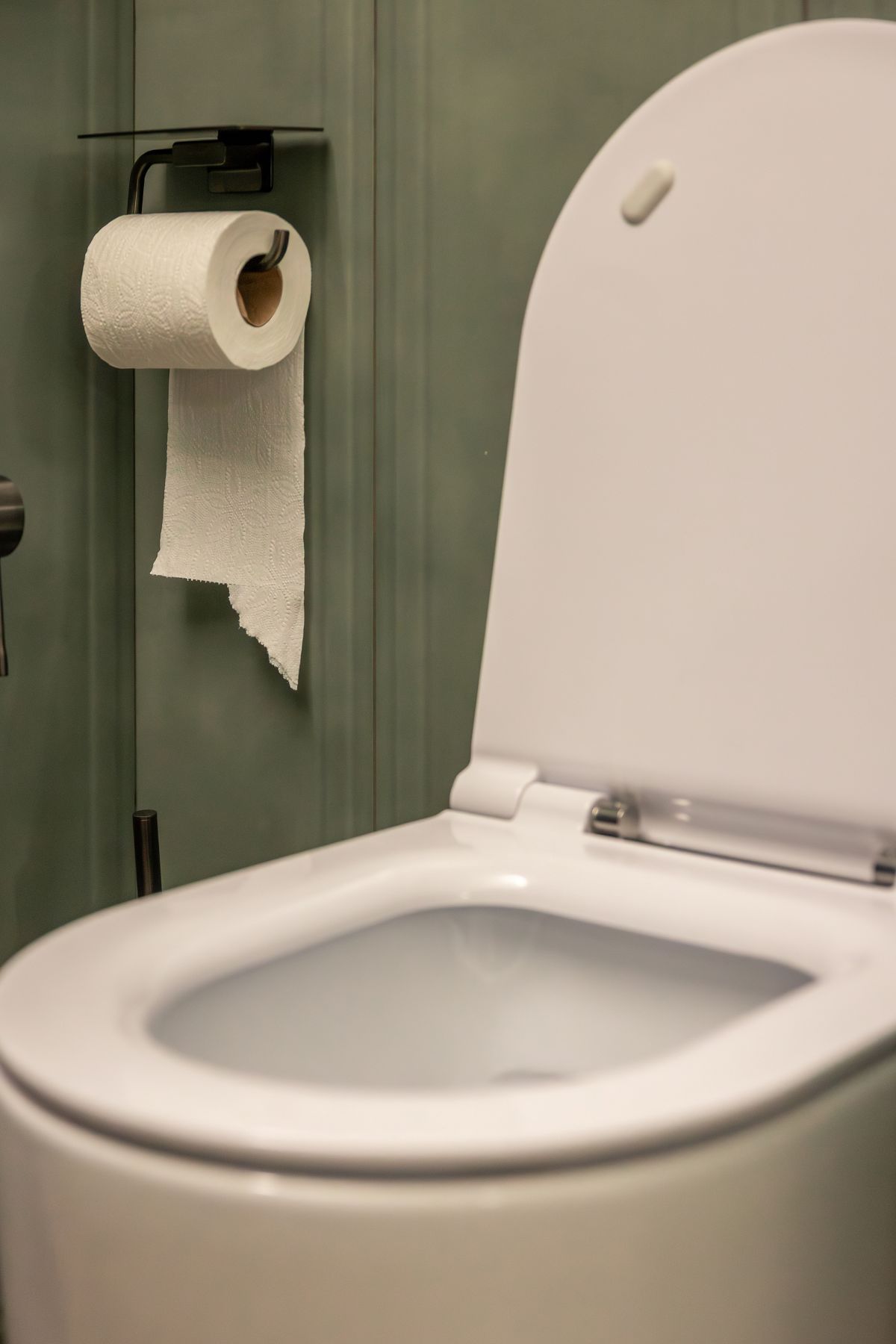When a BMH cancer nurse got cancer
From staff reports
A wife, a mother of three, a Major in the South Carolina Army National Guard and a registered nurse working on Beaufort Memorial Hospital’s oncology floor, Constance (Connie) Pope had life figured out.
Then, in late 2019, she started feeling a pain in her chest and abdomen.
At first, she and her primary care doctor thought it was a gastrointestinal issue. But by early 2020 she noticed a lump had appeared on her chest.
Rewind 15 years, Pope was a Specialist in the Florida National Guard escorting convoys though the Iraqi desert in a U.S. Army gun truck. She had joined the guard while a sophomore at Florida A&M University out of a sincere sense of duty.
Although the experience was both dangerous and difficult, she said that joining was “by far the best decision I made in my life. It gave me a mindset of service that I’ve carried with me ever since.”
She returned home to Beaufort in 2013 and was finally ready to take on another challenge that she had kept in the back of her mind since earning her bachelor’s degree: becoming a nurse. She started taking classes at Trident University in Charleston while working as a certified nursing assistant on Beaufort Memorial Hospital’s (BMH) Oncology floor.
“Oncology has always been close to my heart,” Pope said. “I’m drawn to the work. There’s just something about the patients. You feel good about the work that you do.”
So, after graduating from nursing school in 2015, it was a natural fit for her to stay with the BMH oncology team as a registered nurse. And she excelled.
She became the floor’s clinical coordinator in 2019. In that key leadership position, she worked as a charge nurse and ensured that each patient had an established care plan coordinated with the appropriate providers. But just as she was settling in, she was to become a cancer patient herself.
After noticing the lump on her chest in March of 2020, she was referred to the Beaufort Memorial Breast Health Center, part of the nationally accredited Keyserling Cancer Center.
“The doctor told me that it looked like breast cancer and that I’d need to do a biopsy the next day,” Pope said. “I was like, ‘ummm, OK.’ And I went back to work. I didn’t even know what to do with that information. I was 37 years old at the time and I stayed fit for the guard. Why would I have breast cancer?”
It was as though Pope went into default mode. Her mindset of service took over, she compartmentalized and she kept working.
When her diagnosis came a week later, Dr. Jonathan Briggs, her radiation oncologist, says he had found that “it was an aggressive type of cancer.” She consequently needed “neo-adjuvant chemo, meaning chemotherapy given before surgery,” along with postoperative radiation therapy “to further decrease the risk of recurrence.”
She received that overwhelming news while at her annual training with the guard, where she felt it was her duty to be.
“They sent me home,” Pope said. “They said, ‘this diagnosis is a lot’ and told me that I needed to focus on taking care of myself.”
It was the compassion of her colleagues in the guard, on the BMH oncology floor and in the Keyserling Cancer Center that enabled Pope to let go of taking care of others for a while and focus instead on overcoming cancer herself.
“Connie is a joy to work with; she is always willing to help where she can,” said Chimene Heyward, BMH breast care navigator and Pope’s colleague. “Even though she was going through a lot, she never let that get her down.”
Pope recounted numerous little instances that made her feel at ease through what can be a traumatic treatment process. The support of one Breast Health Center radiology technician who held her hand as she underwent one of her first diagnostic biopsies stood out. And, in the end, she felt reassured that she was getting the best care possible.
“They didn’t assume that because I’m a nurse I’d know everything,” Connie said. “No matter who you are, you don’t know what exactly you’re walking into when you find out that you have cancer.”
“Although the initial presentation showed an aggressive cancer, she had a wonderful response to the neoadjuvant chemotherapy showing a complete response,” Dr. Briggs said. “She continues to undergo routine follow up visits.”
Pope has been cancer free for four years as of May and is back working with oncology patients in BMH’s medical oncology clinic. And this month, she’ll complete a master’s program to become a nurse practitioner, enabling her to be even more capable of serving patients facing similar cancer survivorship journeys.








